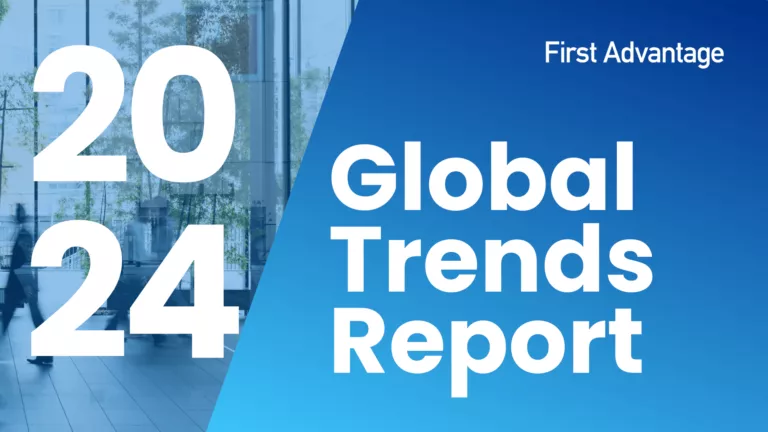In the wake of Republican efforts to initiate tax reform and repeal and replace the Affordable Care Act, employers are left wondering whether the Work Opportunity Tax Credit (“WOTC”) will survive. While there is concern that lowering the corporate income tax rate while trying to achieve revenue neutrality puts most general business credits, including WOTC, at risk, there is hope in the unlikely form of border adjustability.
Additionally, there is evidence of some support for welfare to work programs in the White House. On Tuesday, President Donald Trump, in a Joint Address to Congress, reflected that, “Millions lifted from welfare to work is not too much to expect.”
The current House Republican tax reform proposal includes a 20% corporate income tax. The plan in large part pays for the reduction from 35% to 20% with a border adjustability provision retaining the deduction for the cost of goods produced in the United States, while eliminating the deduction for the cost of imported goods.
The Tax Policy Center estimates that the border adjustable tax would generate $1.2 trillion over the next decade, assuming that the stronger U.S. dollar will decrease the cost of imported goods by an offsetting 20%. The math is based on “dynamic scoring” using estimated macroeconomic effects of the legislation on the size of the economy in calculating official revenue estimates.
Effects on The WOTC Program
What does that mean for WOTC? Simply put, it means that the recently extended general business credits, like WOTC, may not have to be exchanged or eliminated in order to lower the corporate income tax rate. This is hopeful news for employers and for economically challenged individuals assisted by the WOTC program.
Creating International Parity With a Reciprocal Tax
What does the White House think of the proposal? Candidate Trump’s “Make America Great Again” platform included reduction of the corporate income tax rate to 15%, so reduction of the corporate rate reflects alignment. As to border taxation, on Sunday, in a conversation with Fox News, Treasury Secretary Steven Mnuchin shared that the President is considering a “reciprocal tax” to create parity with other countries.
He continued, “There are certain aspects that the President likes about the concept of a border adjusted tax, there are certain aspects that he’s very concerned about.” Mnuchin also indicated that the President’s budget proposal would spare social welfare programs from cuts and that the White House will work with the House of Representatives and the Senate to craft a “combined plan that takes the best of all of this when we bring it forward.”
The reciprocal tax concept would reference the tax imposed by the source country of the goods purchased in applying a tax rate, rather than imposing a 20% tax on all imported goods. For instance, if the source country imposes a value added tax of 22% on U.S. goods, the reciprocal tax on goods imported from Italy to the U.S. would be 22%.
The Value of The WOTC Program
First Advantage monitors legislative action impacting your federal and state credits and incentives. Next week, March 6-March 9, First Advantage will participate in a Hill Walk to educate legislative staff and their Senators and Representatives on the value of the WOTC program.
If you have questions regarding this information or any of your other tax credit programs, please contact your Tax Account Executive.


